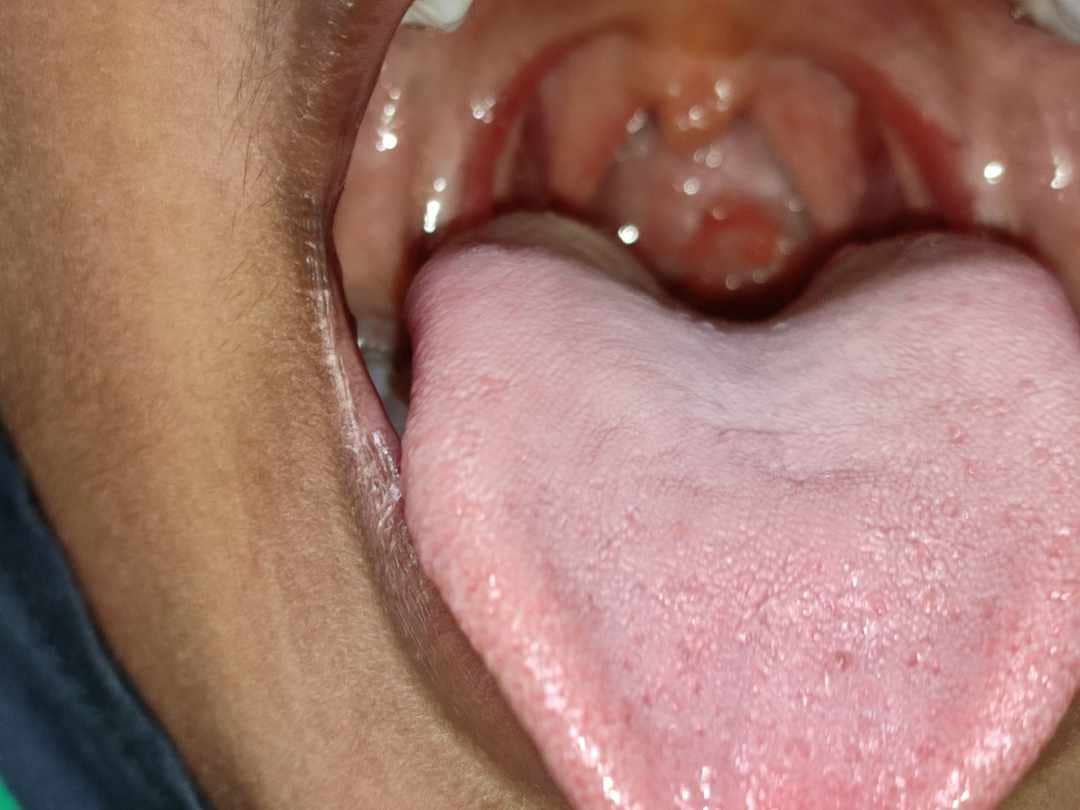Post Nasal Drip: Understanding the Causes and Symptoms
Postnasal drip is a common condition that occurs when excess mucus accumulates in the back of the throat. This can lead to a variety of symptoms, including a sore throat, cough, and difficulty swallowing.
Some of the most common causes that can contribute to this include:
- Allergies: Allergic rhinitis, also known as hay fever, is a common cause, which can cause the nasal passages to become inflamed and produce excess mucus.
- Sinus infections: When the sinuses become inflamed, they can fill with mucus, which can then drain down the back of the throat.
- Gastroesophageal reflux disease (GERD): It is a condition in which stomach acid flows back into the throat, causing irritation and inflammation. This can lead to post nasal drip as the body produces excess mucus to protect the throat from the acid.
- Cold or flu: The common cold and the flu can also cause the nasal passages to become inflamed and produce excess mucus.
- Hormonal changes: Hormonal changes, such as those that occur during pregnancy or menopause, can also the nasal passages to become more sensitive and produce more mucus.
- Structural problems: Certain structural problems, such as a deviated septum, adenoids or nasal polyps, can make it difficult for mucus to drain properly, leading to accumulation in the back of the throat.
Symptoms: The symptoms can vary depending on the underlying cause. Some of the most common symptoms include:
- Sore throat
- Cough
- Hoarseness
- Nasal congestion
- Bad breath
Treatment:
- If allergies are the cause, allergy medications can help to reduce inflammation and relieve symptoms.
- Decongestants can help to reduce nasal congestion and make it easier for mucus to drain.
- Antihistamines can help to reduce the production of histamine and relieve symptoms.
- Nasal sprays, such as saline sprays, can help to moisturize the nasal passages and make it easier for mucus to drain.
- In some cases, surgery may be necessary to correct structural problems.


Trackbacks/Pingbacks